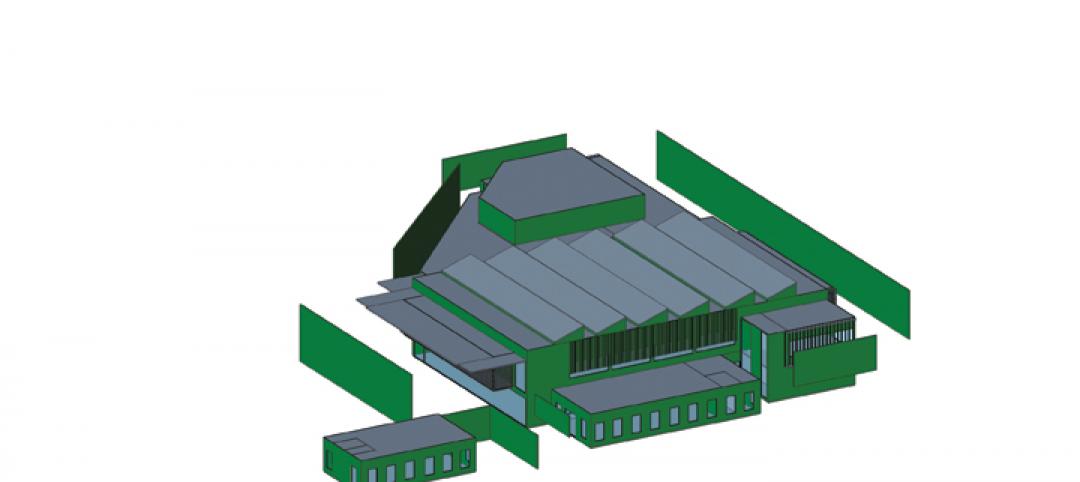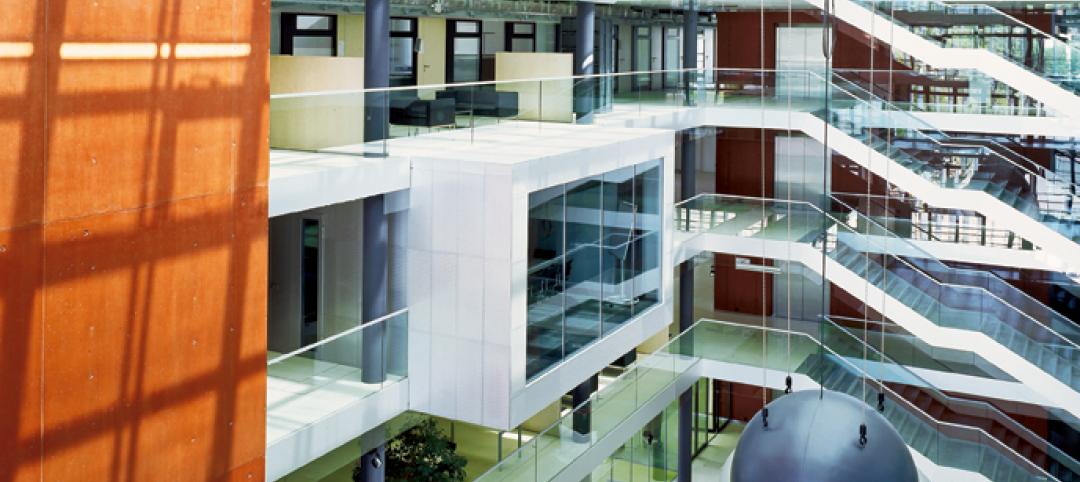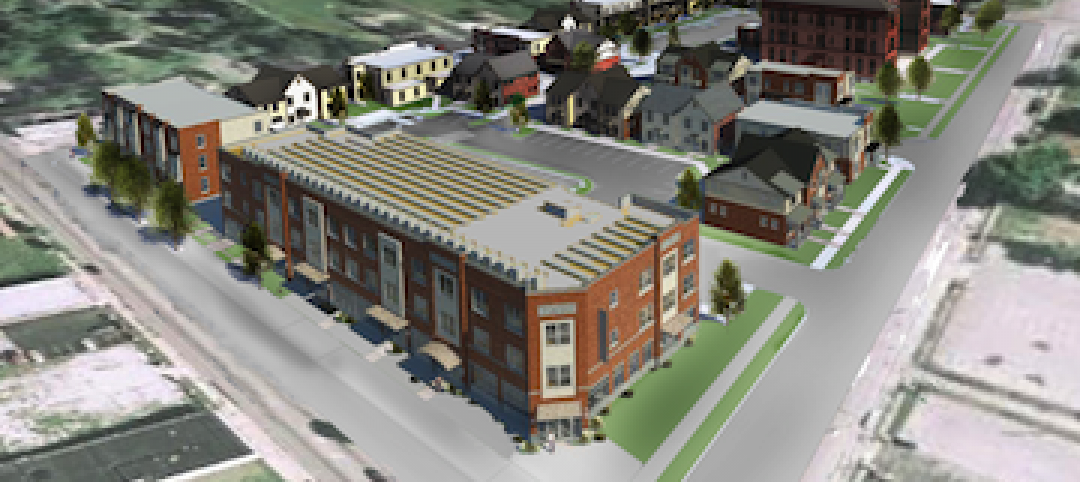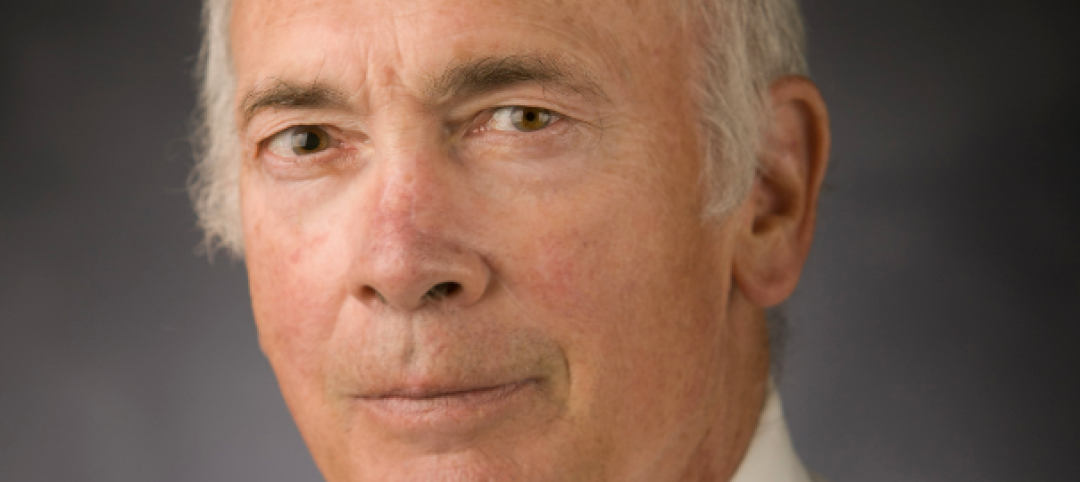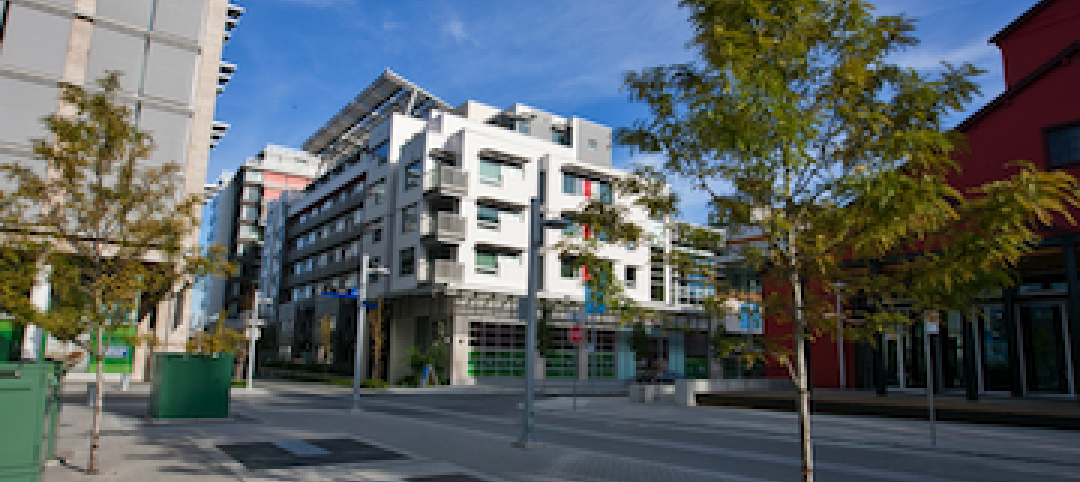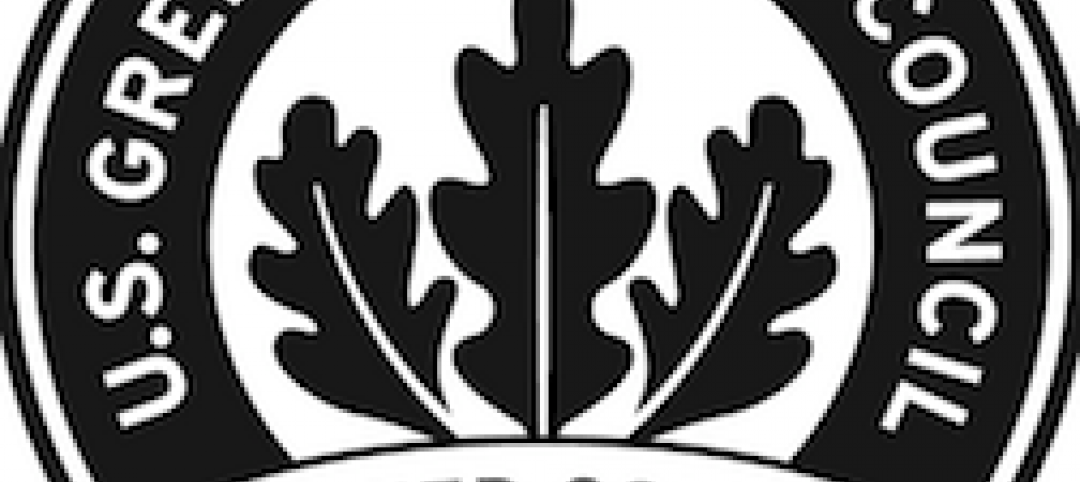Joining pipe can be a demanding task. Even with proper equipment and training, traditional methods of installation still run the risk of causing injury to installers, experienced or not. Liberty Utilities of New Hampshire wanted a way to keep its installers safe without compromising the quality of their installations, which is why the utility provider decided to start installing Viega MegaPress.
“We’re doing 500 in-to-outs and the biggest concern was the wear and tear on the installers’ arms, trying to save their bodies from the wrenching they’re doing,” said Bob Mostone, Gas Service Department Supervisor for Liberty Utilities. “Less mess and threading, that was what caught my eye. It’s easier to fit things together, especially since we’re changing out large-volume meters to rotary meters. Cutting out old flanges and installing new ones is a lot easier too.”
Mostone, who is a licensed gas fitter since 1991, has worked for the utility company for 29 years. When he first experienced press fitting technology, his first thought wasn’t about time savings.
“I saw press technology and I was interested in the wear and tear on the servicemen in the field,” said Mostone. “With Viega MegaPress, we have fewer soft tissue injuries, which are Liberty’s big concern this year.”
According to Mostone, every three months, Liberty’s Vice President of Operations and Engineering chooses a safety category to focus on. The previous category was trips and falls, and currently Liberty is focusing on reducing soft tissue injuries.
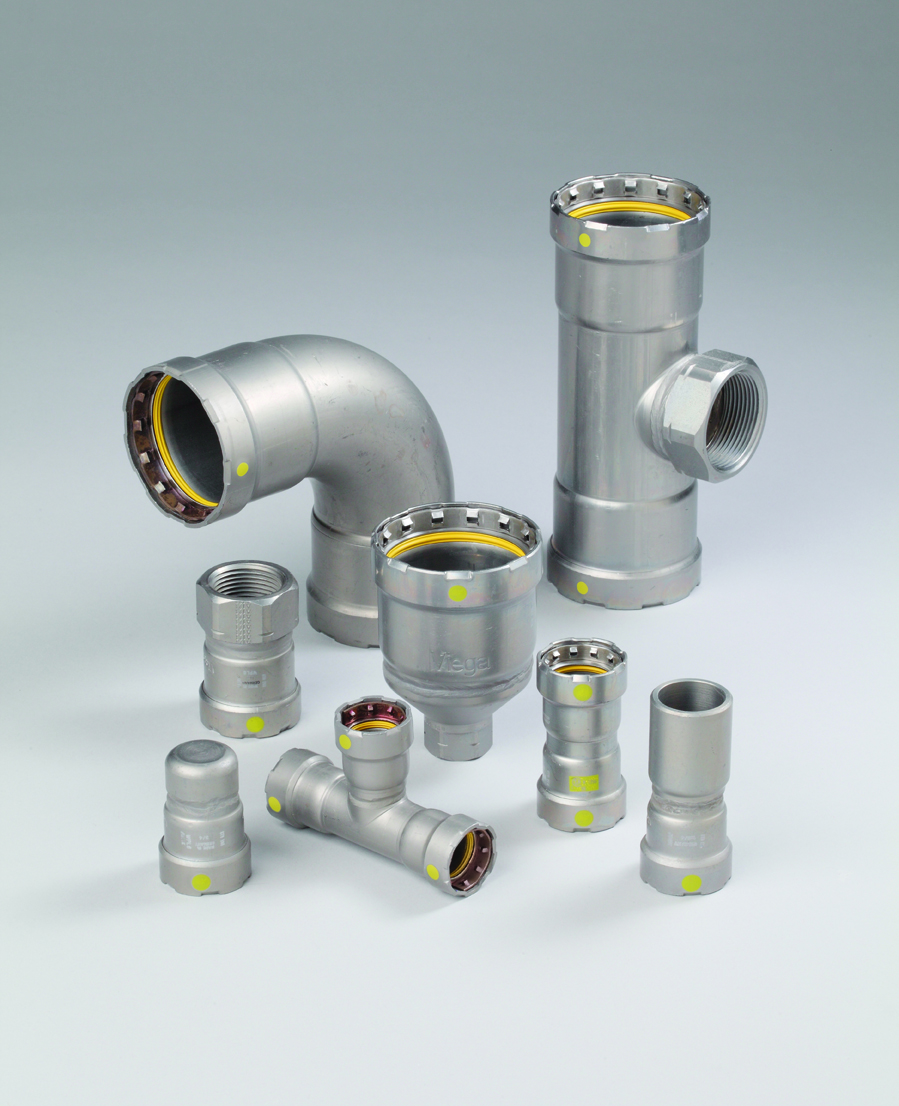
Viega MegaPress carbon steel press fittings
Liberty Utilities is installing Viega MegaPressG fittings in sizes ½" to 2" as it continues working to change out meters across its areas of service. Before experiencing Viega MegaPress, Liberty Utilities installed piping systems using traditional methods. When Liberty discovered the Viega MegaPress system, they were immediately interested in switching.
“The breaking point of the pipe is always weakest around the threads,” Mostone said. “The pipe-wall thickness from the thread breaks down. With threaded pipe, it snaps at the fitting. That’s our strong point now when we’re pressing them with Viega MegaPress.”
Viega MegaPress has allowed Liberty Utilities to take a weakness in black iron pipe joining and turn it into a strength.
Liberty Utilities worked with their local Viega Technical Manager to ensure that Viega MegaPress fittings would meet all codes and standards.
“We did a class with some of the pipers and the codes and standards group, and actually one of the local gas inspectors,” Mostone said. “From that class we voted to move forward to see if we could get it done. We went through the process for our company to approve it. We checked with the state fire marshal’s office and they were fine with it.”
Approved for more applications than any other carbon steel press fitting, Viega MegaPress saves installation time but also helps prevent labor-related injuries on the job.
“Saving wear and tear on the installers’ bodies was my biggest concern,” Mostone said. “Viega MegaPress is helping us with that.”
For more information, visit www.viega.us.
Related Stories
| Nov 2, 2010
Energy Analysis No Longer a Luxury
Back in the halcyon days of 2006, energy analysis of building design and performance was a luxury. Sure, many forward-thinking AEC firms ran their designs through services such as Autodesk’s Green Building Studio and IES’s Virtual Environment, and some facility managers used Honeywell’s Energy Manager and other monitoring software. Today, however, knowing exactly how much energy your building will produce and use is survival of the fittest as energy costs and green design requirements demand precision.
| Nov 2, 2010
Yudelson: ‘If It Doesn’t Perform, It Can’t Be Green’
Jerry Yudelson, prolific author and veteran green building expert, challenges Building Teams to think big when it comes to controlling energy use and reducing carbon emissions in buildings.
| Nov 2, 2010
Historic changes to commercial building energy codes drive energy efficiency, emissions reductions
Revisions to the commercial section of the 2012 International Energy Conservation Code (IECC) represent the largest single-step efficiency increase in the history of the national, model energy. The changes mean that new and renovated buildings constructed in jurisdictions that follow the 2012 IECC will use 30% less energy than those built to current standards.
| Nov 1, 2010
Sustainable, mixed-income housing to revitalize community
The $41 million Arlington Grove mixed-use development in St. Louis is viewed as a major step in revitalizing the community. Developed by McCormack Baron Salazar with KAI Design & Build (architect, MEP, GC), the project will add 112 new and renovated mixed-income rental units (market rate, low-income, and public housing) totaling 162,000 sf, plus 5,000 sf of commercial/retail space.
| Nov 1, 2010
John Pearce: First thing I tell designers: Do your homework!
John Pearce, FAIA, University Architect at Duke University, Durham, N.C., tells BD+C’s Robert Cassidy about the school’s construction plans and sustainability efforts, how to land work at Duke, and why he’s proceeding with caution when it comes to BIM.
| Nov 1, 2010
Vancouver’s former Olympic Village shoots for Gold
The first tenants of the Millennium Water development in Vancouver, B.C., were Olympic athletes competing in the 2010 Winter Games. Now the former Olympic Village, located on a 17-acre brownfield site, is being transformed into a residential neighborhood targeting LEED ND Gold. The buildings are expected to consume 30-70% less energy than comparable structures.
| Oct 27, 2010
Grid-neutral education complex to serve students, community
MVE Institutional designed the Downtown Educational Complex in Oakland, Calif., to serve as an educational facility, community center, and grid-neutral green building. The 123,000-sf complex, now under construction on a 5.5-acre site in the city’s Lake Merritt neighborhood, will be built in two phases, the first expected to be completed in spring 2012 and the second in fall 2014.
| Oct 21, 2010
GSA confirms new LEED Gold requirement
The General Services Administration has increased its sustainability requirements and now mandates LEED Gold for its projects.
| Oct 18, 2010
World’s first zero-carbon city on track in Abu Dhabi
Masdar City, the world’s only zero-carbon city, is on track to be built in Abu Dhabi, with completion expected as early as 2020. Foster + Partners developed the $22 billion city’s master plan, with Adrian Smith + Gordon Gill Architecture, Aedas, and Lava Architects designing buildings for the project’s first phase, which is on track to be ready for occupancy by 2015.


